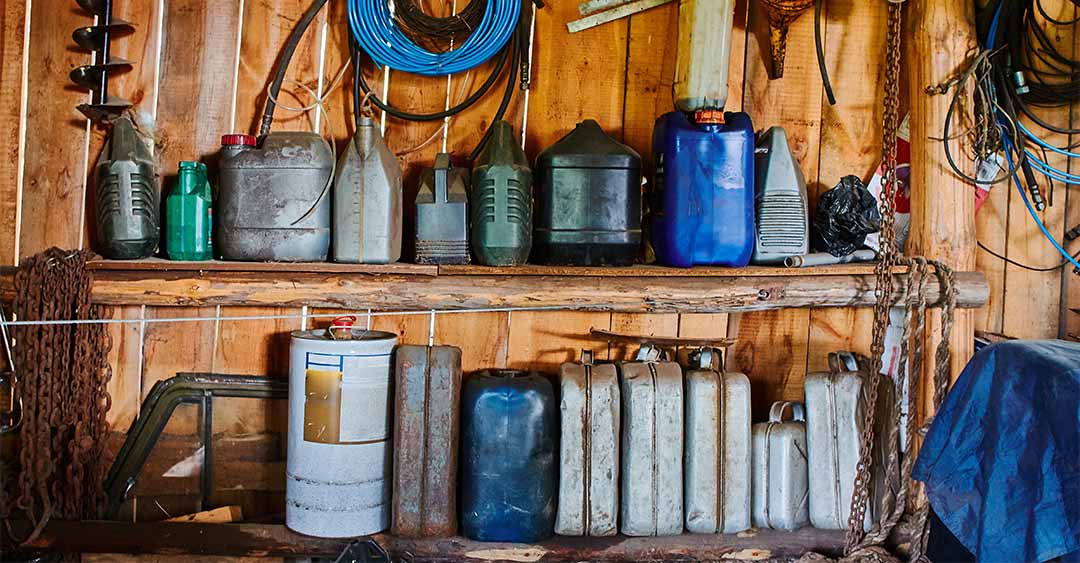
Driven by an urge to redecorate or clean out garages during the pandemic lockdowns, household hazardous waste generation has boomed.
Efforts to reduce person-to-person contact, or operate within smaller budgets, means some local councils have scaled back collection events and amenities for dropping off household hazardous waste. One of the knock-on effects is a 300% increase in rubbish being dumped or fly tipped illegally, according to the Countryside Alliance, as many people know an item is hazardous, but simply don't know how to deal with it.
Waste is generally considered hazardous if it (or the material or substances it contains) is harmful to humans or the environment. Examples of hazardous waste include:
Here at Dunmow Group our hazardous waste team are experienced in the safe disposal of hazardous items, materials and chemicals. Our fleet of waste collection vehicles and trained operatives respond at short notice to household and business requests.
New and existing customers can reach out to our customer care team via Instagram, Facebook and WhatsApp to seek advice on clearances. By simply uploading pictures or videos of your waste, we're able to respond with a quote.
Our aim is to make it as easy as possible for our customers to recycle and dispose of their waste safely. Be it hazardous, metals, white goods or general household rubbish, Dunmow Group have got it covered.
These Stories on News

Dunmow House
Regiment Business Park
Eagle Way
Chelmsford, Essex, CM3 3FY
Call us: 01245 466646
Gorse Lane Industrial Estate
Stephenson Road
Clacton-On-Sea
CO15 4XA
Call us: 01255 360031
Dunmow House
Regiment Business Park
Eagle Way
Chelmsford, CM3 3FY
Call us: 01245 466646
Gorse Lane Industrial Estate
Stephenson Road
Clacton-On-Sea
CO15 4XA
Call us: 01255 360031
Morses Lane
Brightlingsea
Colchester
CO7 0SD
Call us: 01206 307070
Copyright © 2024 Dunmow Skips Ltd T/A Dunmow Group. All Rights Reserved.
No Comments Yet
Let us know what you think